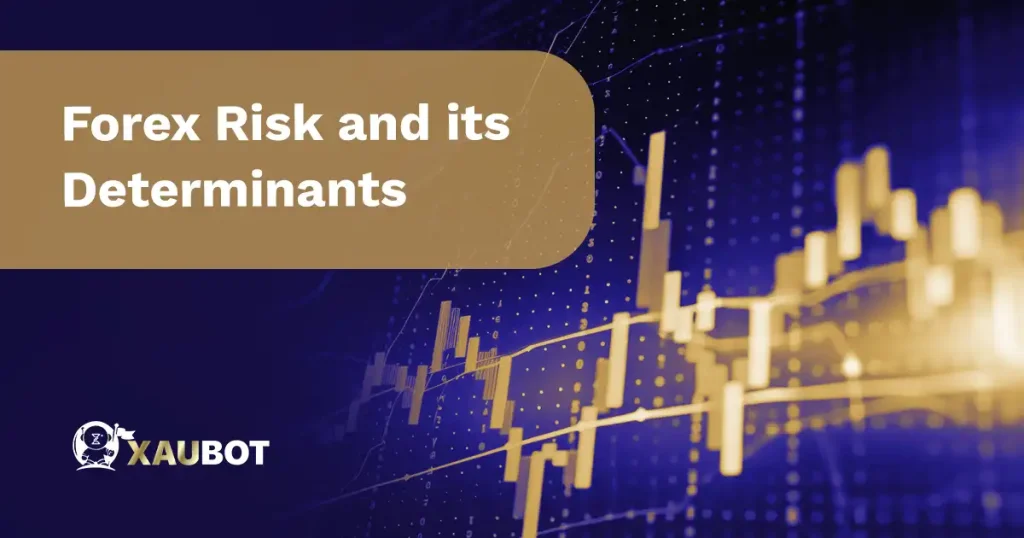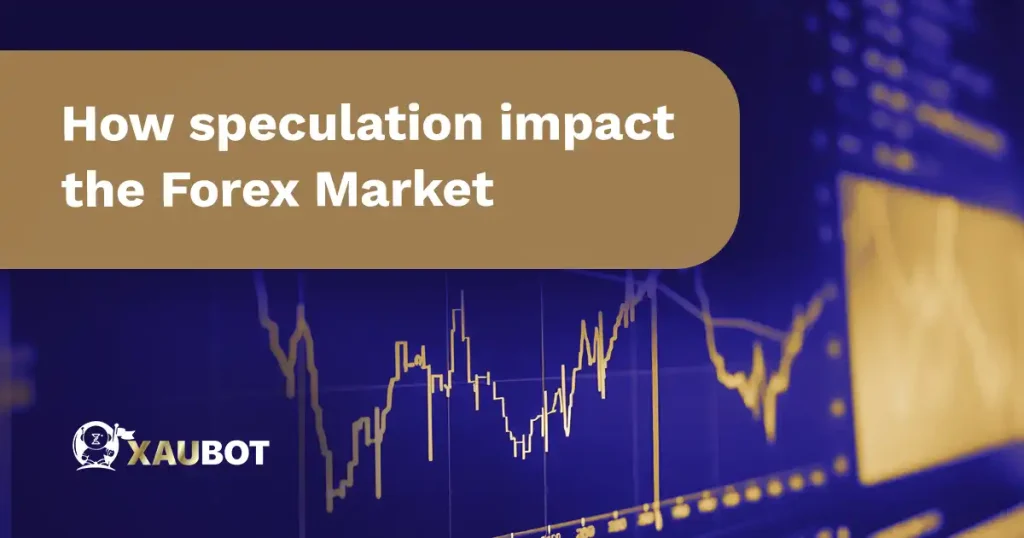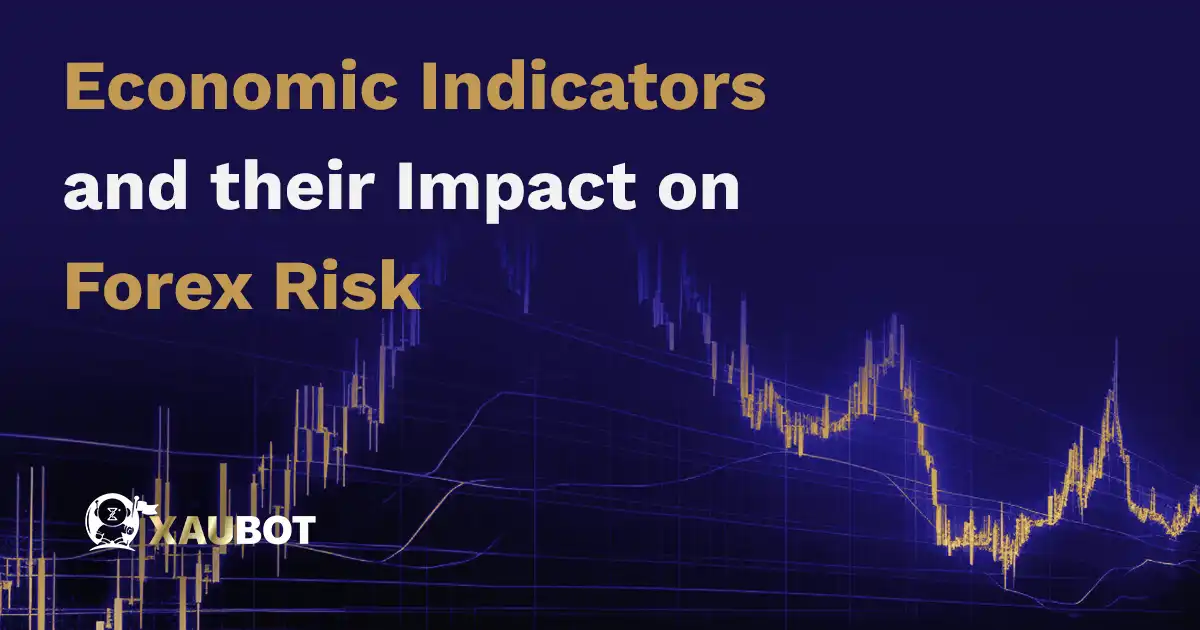The purpose of this topic is to investigate the relationship between economic indicators and foreign exchange (FX) risk. Forex risk, often known as currency risk or exchange rate risk, is a significant element influencing international trade and investment.
The goal of this subject is to examine major economic indicators and their impact on forex risk, taking into account their role in shaping currency valuations and exchange rate volatility.
This study intends to shed light on the links between economic indicators and forex risk through a systematic investigation of economic data and forex market movements, providing significant information for businesses, investors, policymakers, and financial experts.
What are Economic Indicators?
An economic indicator is a statistic that describes a certain economic activity. Economic indicators allow for the examination of economic performance as well as the forecasting of future performance. The study of business cycles is one use of economic indicators.
- Economic Indicators and their significance
GDP (Gross Domestic Product) GDP is the total worth of all products and services produced within the borders of a country during a given time period. It is a critical indicator of economic health and growth. A rising GDP generally implies that the economy is expanding, whereas a dropping GDP shows that the economy is contracting. GDP growth rates also have an impact on currency valuations and exchange rates.
Unemployment Rate: The unemployment rate indicates the proportion of the labour force that is unemployed and actively looking for work. Low unemployment signals a healthy labour market and strong consumer spending, but high unemployment can lead to decreased consumer confidence and an economic slowdown, which can have an impact on currency stability.
Inflation Rates and the Consumer Price Index (CPI): The CPI estimates the average change in consumer prices for a basket of goods and services. Inflation, or the rate of increase in the general price level, is frequently linked to CPI. Moderate inflation is thought to be beneficial to the economy since it increases spending and investment. Excessive inflation reduces purchasing power and creates uncertainty, which affects currency values.
Interest Rates: Interest rates are used by central banks to control the money supply and influence economic activity. Higher interest rates may attract foreign money seeking higher returns, resulting in currency appreciation. Lower interest rates, on the other hand, can boost borrowing and spending while also causing currency depreciation due to lower investment returns.
Data on the Trade Balance and Import/Export: The difference between a country’s exports and imports is measured by its trade balance. A trade surplus (more exports than imports) can boost the value of the local currency by increasing demand for it, but a trade deficit might cause currency depreciation.
Exchange rates: Currency prices are expressed as exchange rates. They are influenced by a range of factors, including economic statistics, political events, and market sentiment.
Economic indicators are vital because they can help businesses, investors, and governments make better financial and commercial decisions. Understanding economic indicators allows stakeholders to make better decisions that are less likely to result in losses or missed opportunities.
Forex Risk and its Determinants

Definition and types of Forex Risk
- Forex risk, also known as exchange rate risk, is the risk that a firm or investor would lose money owing to changes in the value of one currency relative to another. It is a huge danger for firms that deal abroad and for investors who invest in foreign currencies.
- Transaction risk is the risk that a firm or investor will lose money due to changes in exchange rates between the time a transaction is agreed upon and the time it is settled. A corporation that imports items from a foreign country, for example, may agree to a purchase price in a foreign currency. If the value of the foreign currency falls between the times the purchase prices are determined and the time the items are paid for, the company will end up paying more in its own currency than it had intended.
- Economic Risk the danger that a corporation or investor would lose money outcome changes in the economic conditions of the nations whose currencies they shown to is known as economic risk. For example, if a country has a recession, the value of its currency is expected to fall. It could result in losses for enterprises exporting goods to that country and losses for investors holding that country’s currency.
- Political events, such as wars, terrorist attacks, and natural catastrophes, can also have a significant impact on currency rates.
- Central bank policies can also influence FX risk by adjusting interest rates, buying and selling currencies, and establishing reserve requirements.
- Market sentiment refers to the general mood of traders and investors. When market sentiment is positive, currency prices may rise. When market sentiment is unfavorable, currency prices may fall.
Businesses and investors can better manage their risk and protect themselves from losses if they understand the many forms of FX risk and the factors that can affect them.
Factors influencing exchange rate movements
- Geopolitical Events and Political Stability: Elections, government policies, and foreign crises can all have an impact on investor confidence and currency values. Currency depreciation can occur as a result of uncertainty as investors seek safer assets.
- Monetary and fiscal policies: Government monetary and fiscal policies can have an impact on currency rates. Currency depreciation can result from loose monetary and fiscal policies, while currency appreciation might result from restrictive policies.
- Global Economic Situation: Currency values can be affected by global economic trends and events. Currency appreciation can result from a strong global economy, whereas currency depreciation might result from a weak global economy.
- Role of Speculation and Market Sentiment
Speculation and market sentiment are important factors in influencing forex markets and causing short-term exchange rate changes. Both are crucial elements that can cause quick and often unforeseen changes in currency values.
Let’s see how speculation and market mood play a part in forex:
Speculation: In the forex market, speculation entails making financial decisions based on forecasts about future currency movements. Traders and investors speculate in order to profit from price changes.
How speculation impact the Forex Market

- Volatility: Speculative trading can enhance market volatility, particularly in the short term. Rapid price movements caused by speculation might lead to profit opportunities, but they also present danger.
- Market Liquidity: Speculators increase market liquidity by frequently trading currencies. This liquidity means that buyers and sellers can quickly enter and exit positions, which contributes to a stable and efficient market.
- Price Discovery: Speculators contribute to price discovery by betting on where exchange rates will move. Their purchasing and selling activity helps to determine market pricing.
- Information flow: Speculators react quickly to new information, and their trading decisions based on this knowledge can cause rapid shifts in market sentiment.
- Feedback loops: Speculation can produce feedback loops in which market moves are exacerbated by traders’ reactions to one another’s activities. It can lead to sharp price changes and increased market volatility.
Market Sentiment: Market sentiment refers to traders’ and investors’ aggregate feelings, emotions, and beliefs about the market’s future direction. It is caused by some factors, including economic data, news events, and geopolitical happenings.
Currency fluctuations can be influenced by market mood in the following ways:
- Fear and Greed: Fear (risk aversion) and greed (risk appetite) frequently drive market mood. During times of uncertainty or bad news, traders may shift to safer assets, causing risky currencies to depreciate.
- Herding Behaviour: When a large number of traders share a common attitude, it might result in herding behaviour, in which traders follow the crowd. As traders collectively react to news and events, this behaviour can result in rapid price changes.
- Short-Term vs. Long-Term: Market sentiment tends to influence short-term movements, while long-term trends are frequently driven by basic variables such as economic indicators, interest rates, and geopolitical stability.
- Contrarian Opportunities: Contrarian traders take positions that are diametrically opposed to market sentiment. Contrarians may seek opportunities to profit from probable reversals when mood gets too bullish or bearish.
- News Impact: Positive or bad news can instantly change market sentiment. Economic data releases, political events, and unexpected news can all trigger rapid shifts in attitude and, as a result, currency exchange rates.
Forex traders and investors understanding the interaction between speculation and market sentiment is critical. While these factors can cause quick price movements, they can also present profit possibilities if traders can effectively sense the market mood and make intelligent decisions based on their knowledge. Always remember that trading entirely on conjecture and sentiment involves inherent dangers, and successful traders frequently combine these insights with rigorous fundamental and analytical analysis.
In conclusion, economic indicators have a considerable impact on forex risk, driving currency movements and influencing global financial dynamics.
The relationship between these indicators and currency risk emphasizes the importance of constant monitoring and effective risk management. Understanding the delicate connection between economic indicators and FX risk allows stakeholders to better navigate the uncertainty of international markets and capitalize on potential opportunities.
